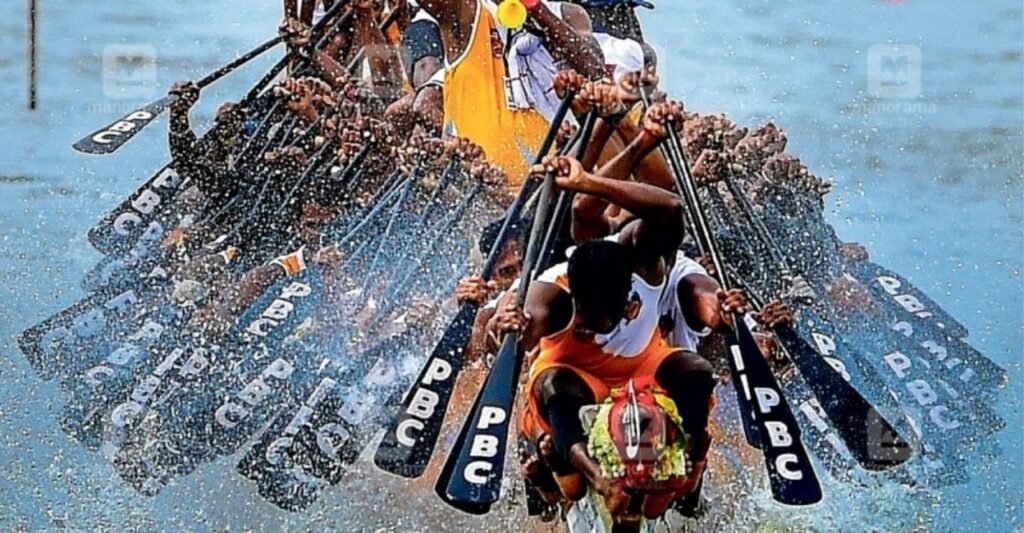Alleppey: Rowing a snake boat is as musical as composing a unique symphony. Over 100 rowers have to move their oars rhythmically and precisely to make the boat powerfully cut through the rough waves of the lake. Training camp is where rowers learn this resilience and rhythm. When the season begins, rowers spend more time at camp than at home. When the camp ends about a month later, rowers develop a unique bond of love and friendship. A proper routine that includes physical training and exercises that build mental resilience is part of every rowing camp. A local auditorium or church hall is rented to hold the camp. Meanwhile, rowers stay at the camp till the end of the season. Only rowers who have homes nearby return home in the evening after dinner. They have to return to camp early in the morning before the routine begins.
Training ground
The camp starts at 6 am and the rowers are given sprouted Bengal gram, cowpeas, mung beans and peanuts by 6.30 am. These protein rich foods help in muscle and strength building, especially during the initial days. This meal is stopped once the rowers reach the desired strength. Practice starts at 7 am followed by a practice session on the boat. Four 10-minute sessions or two 20-minute sessions are held on the boat. During that time, every rower is given two eggs each. After the practice session, breakfast is served on the boat. Regular breakfast menu like appam, idiyappam and curry is served. Rowers can rest after breakfast. Lunch includes fish curry, avial, pulissery, pickle and toran. The next session starts with practice and training on the boat by 4.30 pm. Robusta banana and oats are served on the boat. Dinner is served at the camp at 8.30pm – appam, chapati or rice is served along with a meat dish. Everyone is expected to be in bed at 10pm sharp.

